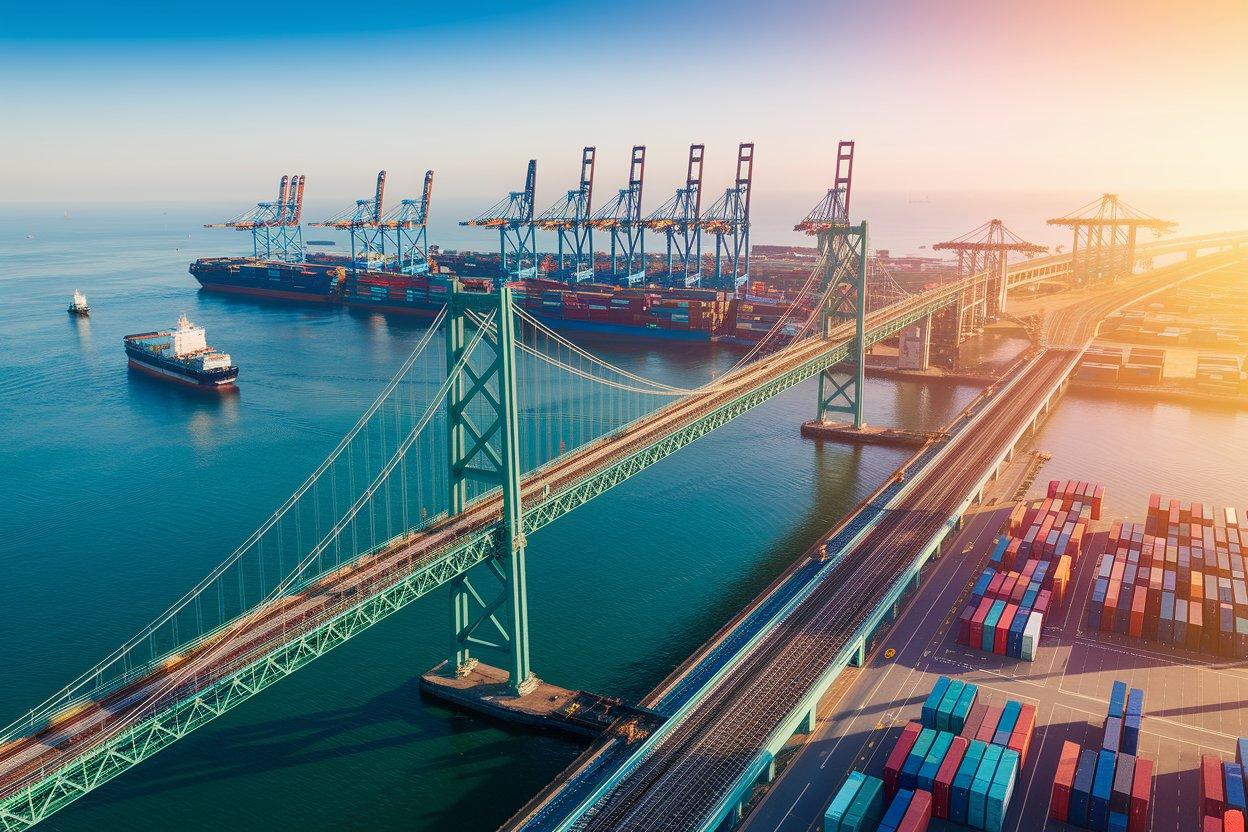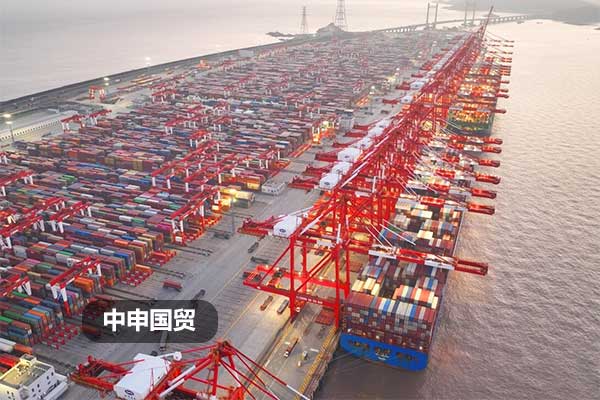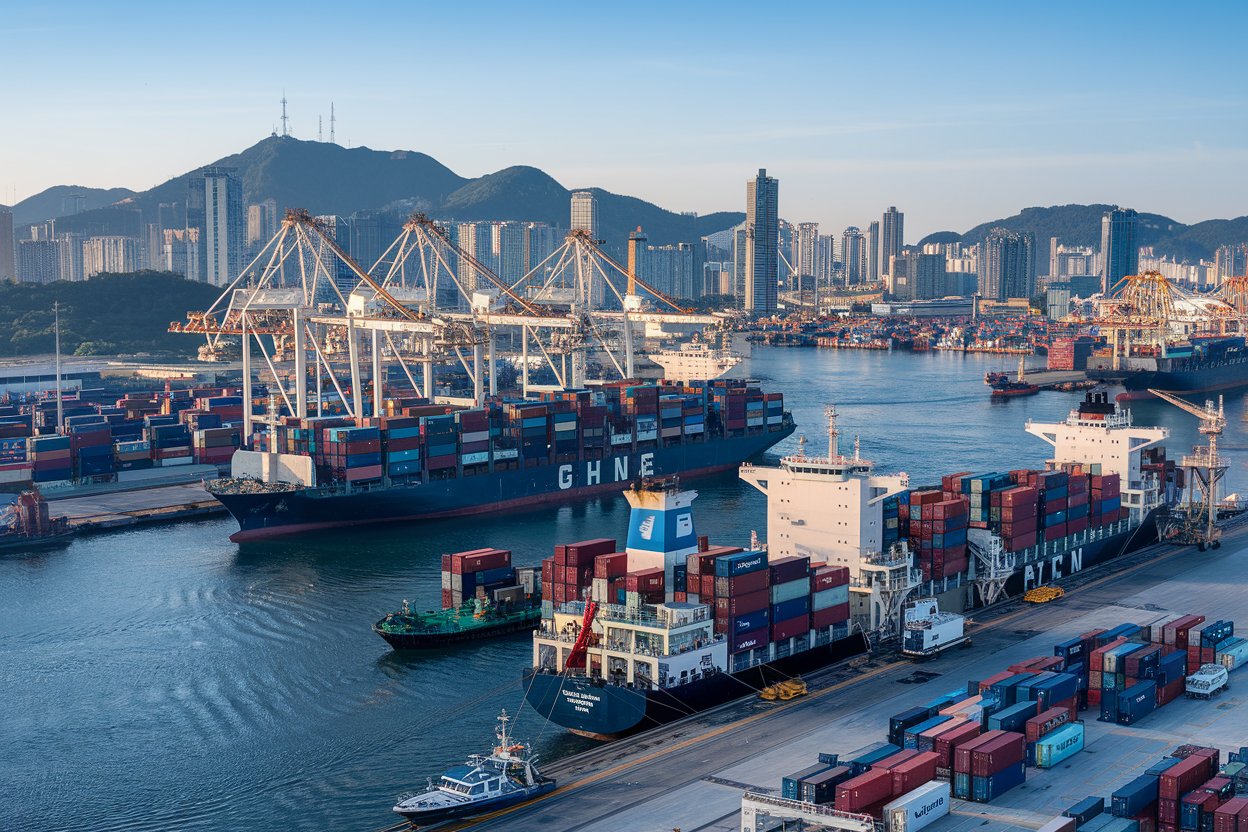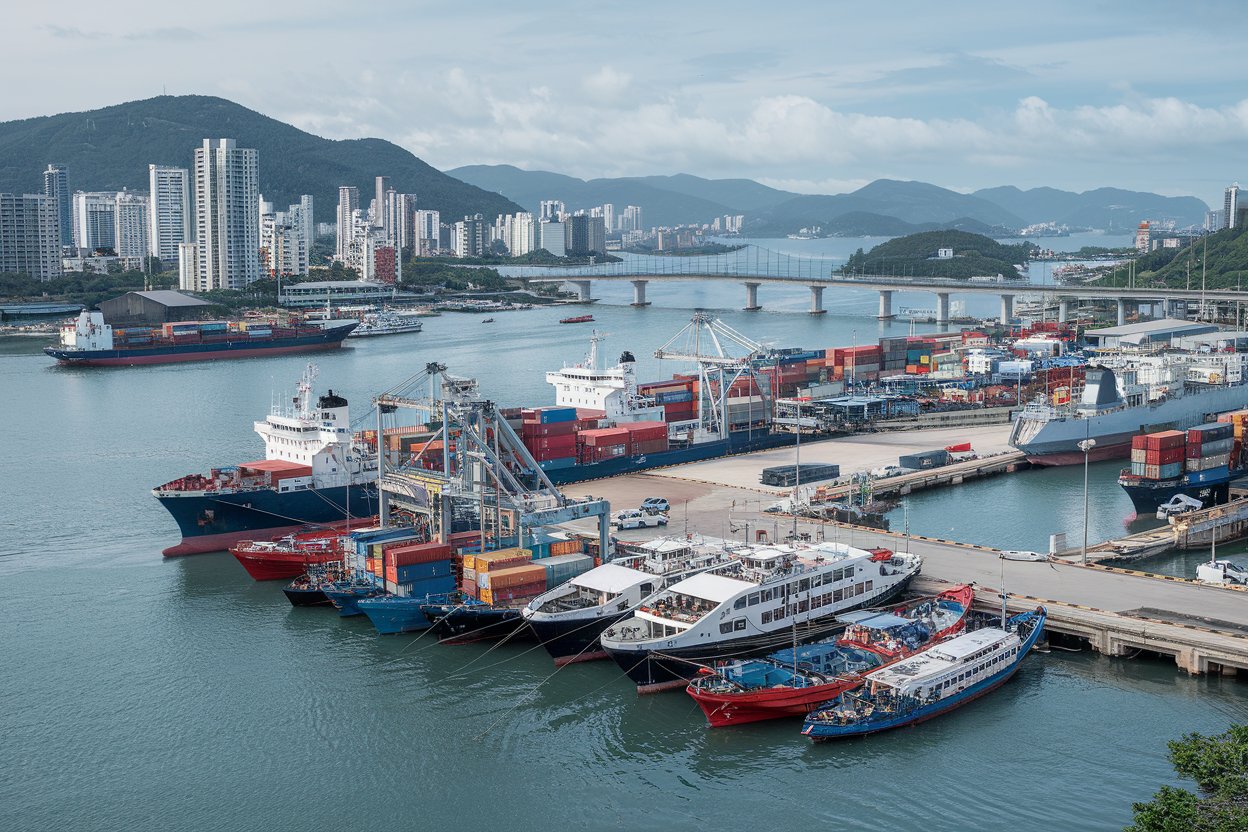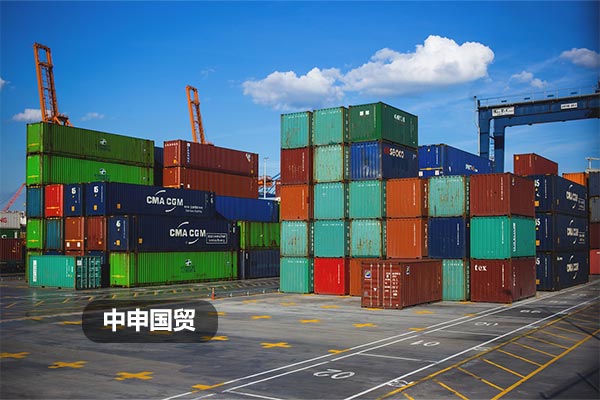- Shanghai Zhongshen International Trade Co., Ltd. - Two decades of trade agency expertise.
- Service Hotline: 139 1787 2118
For manyforeign tradeimport and exportFor operators, entering this field presents both opportunities and challenges. Especially when handling payment and logistics, various complex international rules and financial operations become unavoidable obstacles. A simple cross-border transaction may involve not only the transportation of goods but also currency conversion, tax processing, and legal compliance.
Particularly in handling currency conversion and financial process optimization, choosing the right operational model is crucial. If a factory only accepts payment in RMB and insists on receiving funds through a corporate account, what impact and challenges would such specific requirements bring to international trade payment processes? Below, let’s delve deeper and provide some specific operational recommendations.
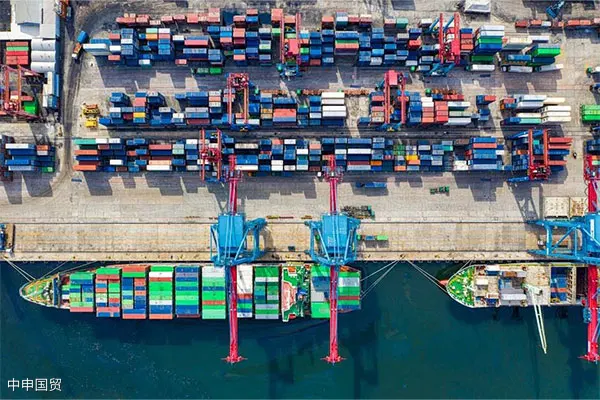
I. Collaboration Between Offshore Companies and Foreign Trade Agents
Offshore companies are often regarded as invisible heroes in international trade, with their main advantage being profit optimization and tax reduction. Through offshore companies, enterprises can retain partial income in offshore accounts when receiving international payments, enjoying lower or zero tax rates. However, when suppliers or factories only accept specific currencies and require payments through designated channels, direct payments via offshore companies may encounter currency exchange and cross-border payment challenges. This is particularly prominent in countries with foreign exchange controls like China.
II. Specific Operational Steps
To address the above issues, the following steps can be taken with the assistance of a foreign trade agent company:
Offshore Company Receives Payment:First, the international client pays your offshore company in USD or other foreign currencies, marking the starting point of the entire process.
Collaboration with a Foreign Trade Agent:Then, transfer a portion of the client’s payment (after deducting your profit) to a foreign trade agent company in China. This step requires selecting a reputable foreign trade agent to ensure fund security and smooth process execution.
Foreign Trade Agent Pays the Factory:The foreign trade agent company converts this portion of funds into RMB and pays the factory through a corporate account. This not only resolves the currency conversion issue but also meets the factory’s payment requirements.
Tax Processing:If the factory requires a VAT invoice, the foreign trade agent company can arrange for the factory to issue a VAT invoice to the agent while making the payment, thereby facilitating tax refunds. This step helps in reasonable tax avoidance while ensuring the legality of the transaction.
III. Precautions
(1) Selecting Reliable Foreign Trade Agents and Freight Forwarders:Ensure that the foreign trade agents and freight forwarders you collaborate with have good reputations and professional services, as this guarantees the smooth execution of the entire process.
(2) Protecting Profits and Trade Secrets:Throughout the entire operation process, it is crucial to protect your profit margins and trade secrets, especially safeguarding supply chain information to prevent exploitation by competitors.
Through the above analysis and recommendations, it can be seen that although international trade payment and logistics processes are full of challenges, effective solutions can still be found through reasonable planning and strategic choices.
Related Recommendations
Learn
Get in Touch
Email: service@sh-zhongshen.com
Related Recommendations
Contact via WeChat

? 2025. All Rights Reserved. Shanghai ICP No. 2023007705-2  PSB Record: Shanghai No.31011502009912
PSB Record: Shanghai No.31011502009912
